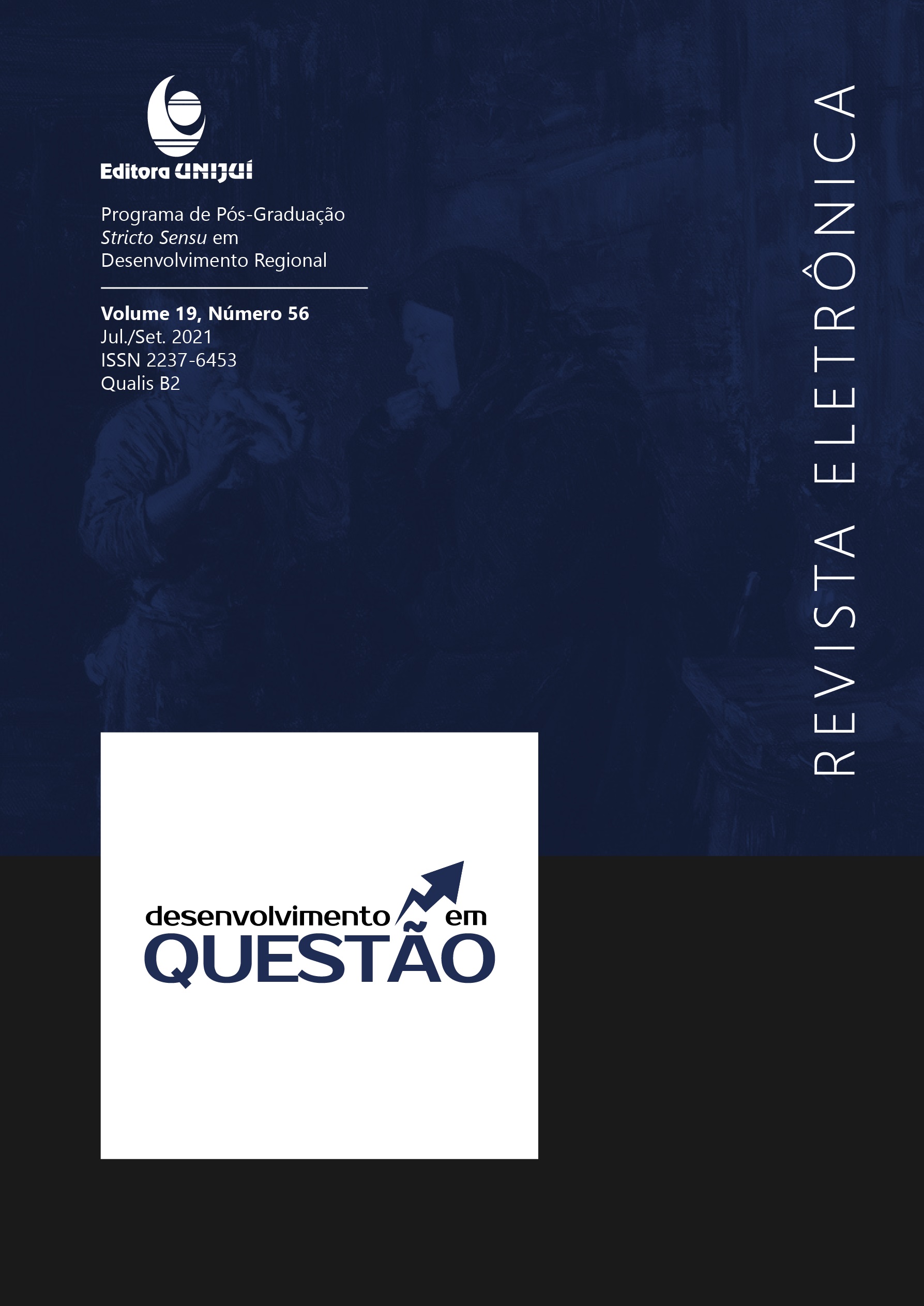FINANCIAL EDUCATION AND FINANCIAL LITERACY OF COLLEGE STUDENTS ON A SANTA CATARINA FEDERAL INSTITUTE
FINANCIAL EDUCATION AND FINANCIAL LITERACY OF COLLEGE STUDENTS ON A SANTA CATARINA FEDERAL INSTITUTE
DOI:
https://doi.org/10.21527/2237-6453.2021.56.11099Keywords:
Financial Behavior. Higher Education. Economic Development.Abstract
Access to information and financial knowledge is fundamental in today’s society, and on a globalized world, actions are needed to help people make important decisions, besides achieving individual and social well-being. These actions can involve education and financial literacy, terms that are easily confused. While financial education is defined as a process in which consumers and investors improve their understanding of financial concepts, risks and products, financial literacy translates as an association of awareness, skill, knowledge and behavior necessary to make decisions related to finance, as well as how to achieve your own financial well-being. This research sought to investigate and analyze the level of education and financial literacy of undergraduate students at Instituto Federal Catarinense - IFC, and also to identify and list factors and influential behaviors in their education and financial literacy. As a result, it was identified that among respondents, 57.64% were considered literate and financially educated, according to the scale proposed in the study. This percentage is in line with the average percentual of countries with consolidated economies and high socioeconomic indexes, such as those on the European continent. This average is still significantly higher than that of most countries in Latin America. Still, it was shown that factors such as region of origin, income, employability and type of residence did not significantly influence the level of education and financial literacy of students. However, gender, education, parental education and age were found to be influential in this same level.
Downloads
Published
How to Cite
Issue
Section
License
By publishing in Revista Desenvolvimento em Questão, authors agree to the following terms:
All works are published under the Creative Commons Attribution 4.0 International License (CC BY 4.0), which allows:
Sharing — to copy and redistribute the material in any medium or format;
Adaptation — to remix, transform, and build upon the material for any purpose, even commercially.
These permissions are irrevocable, provided that the following terms are respected:
Attribution — authors must be properly credited, a link to the license must be provided, and any changes made must be indicated.
No additional restrictions — no legal or technological measures may be applied that legally restrict others from doing anything the license permits.
Notices:
The license does not apply to elements that are in the public domain or covered by legal exceptions.
The license does not grant all necessary rights for specific uses (e.g., image rights, privacy, or moral rights).
The journal is not responsible for the opinions expressed in the articles, which are the sole responsibility of the authors. The Editor, with the support of the Editorial Board, reserves the right to suggest or request modifications when necessary.
Only original scientific articles presenting research results of interest that have not been previously published or simultaneously submitted to another journal with the same purpose will be accepted.
Mentions of trademarks or specific products are intended solely for identification purposes and do not imply any promotional relationship by the authors or the journal.
License Agreement (for articles published from 2025 onward): Authors retain the copyright to their article and grant Revista Desenvolvimento em Questão the right of first publication.











